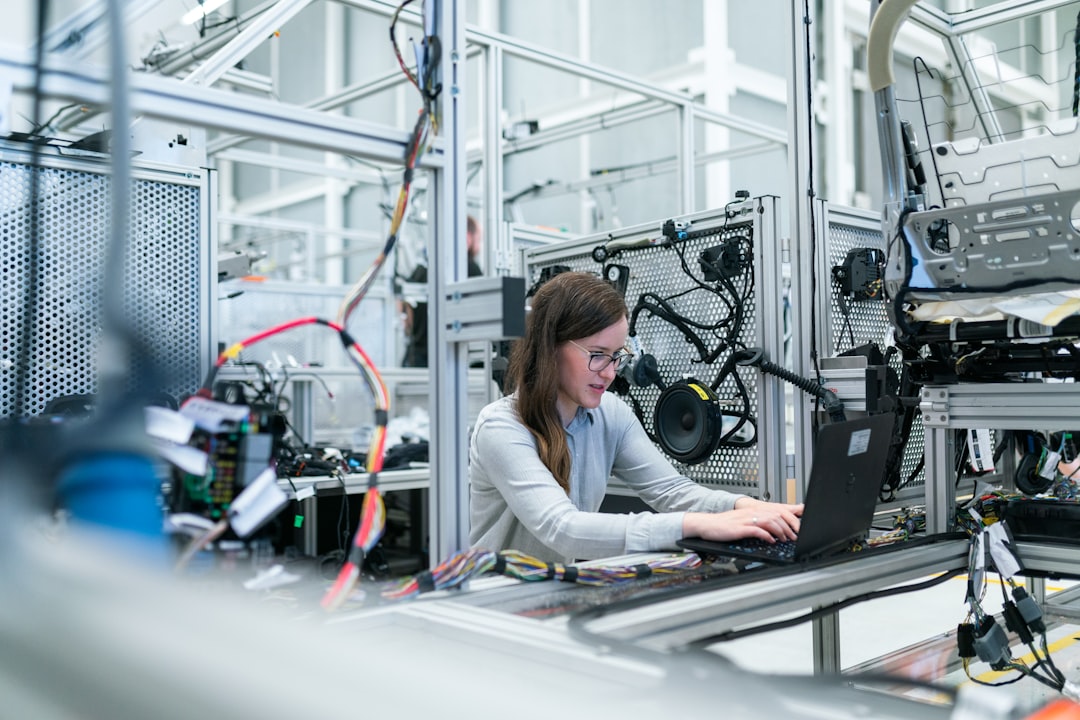
Economic Recovery Post-Pandemic: A Comprehensive Analysis
# Introduction. The COVID-19 pandemic has reshaped the global economy in unprecedented ways. As the world starts to emerge from the shadows of lockdowns and restrictions, countries are grappling with the process of economic recovery. The path forward is complex, filled with challenges and opportunities. This blog post will dive into various aspects of economic recovery post-pandemic, examining how different sectors are bouncing back, the roles of governments and businesses, and the emerging trends that will define the new normal. # Understanding the Economic Landscape. The economic landscape following the pandemic has shifted remarkably. Traditional metrics such as GDP are still being recalibrated while countries strive to restore their economic vitality. Initial signs of recovery can be observed through increasing consumer spending levels, improving employment rates, and a rise in stock market indices. However, this recovery is uneven across different sectors. For instance, hospitality and tourism have been slow to rebound due to ongoing travel restrictions and consumer hesitance, whereas technology and e-commerce sectors have flourished during the pandemic. # Government Initiatives for Recovery. Governments worldwide have reacted with various stimulus packages and policy measures aimed at stimulating their economies. The United States, for instance, introduced multi-trillion dollar relief packages aimed at aiding citizens and businesses alike. Such initiatives include direct cash payments to eligible citizens, extended unemployment benefits, and support for small businesses through loans and grants. Countries are also prioritizing investment in infrastructure projects to create jobs and bolster economic activity. Understanding the success and shortcomings of these initiatives will be key in shaping future policy decisions. # Role of Businesses in Economic Recovery. Businesses play a pivotal role in economic recovery. Many companies have pivoted their strategies to adapt to changing consumer behavior, such as enhancing their digital presence and refining supply chain efficiencies. Enterprises are focusing on sustainability and corporate responsibility as consumers now prioritize brands that align with their values. Moreover, the labor market is evolving with businesses re-evaluating their workforce needs, prompting shifts towards remote and flexible working arrangements. Companies that embrace innovation and agility are more likely to thrive in this new economic environment. # Emerging Trends in Post-Pandemic Economy. As the world adapts to a post-pandemic reality, several trends are becoming apparent. The shift towards digital transformation has accelerated, with more businesses investing in technology to enhance customer experiences and streamline operations. E-commerce continues to thrive, and companies are exploring hybrid models that combine physical and online presence. Additionally, there's an increased focus on health and safety regulations, leading to the development of new business protocols to foster consumer confidence. The gig economy is also projected to expand as many seek flexible work arrangements. # Social Impact of Economic Recovery. While economic recovery is crucial, it must be approached with equitable and inclusive policies. There is a growing awareness of the disparities exacerbated by the pandemic, particularly among marginalized communities. Recovery efforts should prioritize support for small businesses owned by minorities and increase access to opportunities for underrepresented groups. Furthermore, mental health impacts stemming from the pandemic are now recognized as a critical aspect of economic health. Balancing economic growth with social equity will be essential for sustainable recovery. # Future Outlook: A New Economic Normal. As we look ahead, the concept of a ‘new normal’ is becoming clearer. Businesses, governments, and consumers alike are all adapting to a landscape transformed by the pandemic. Economic recovery will likely require ongoing adjustments, contingent on global developments such as vaccination rates and potential future waves of infection. It’s evident that resilience and adaptability will be the cornerstones of success in this changing environment. Reimagining older business models while embracing innovation will be vital for thriving in the post-pandemic era. # Conclusion. The economic recovery post-pandemic is an ongoing journey marked by both challenges and opportunities. The actions taken today will forge the pathways of tomorrow’s economic landscape. By prioritizing equitable growth, embracing digital transformation, and committing to innovation, societies worldwide can foster a robust recovery that values sustainability and inclusivity. It remains essential for stakeholders at all levels to collaborate in creating policies and frameworks that sustain economic vitality in this new economic era. .








